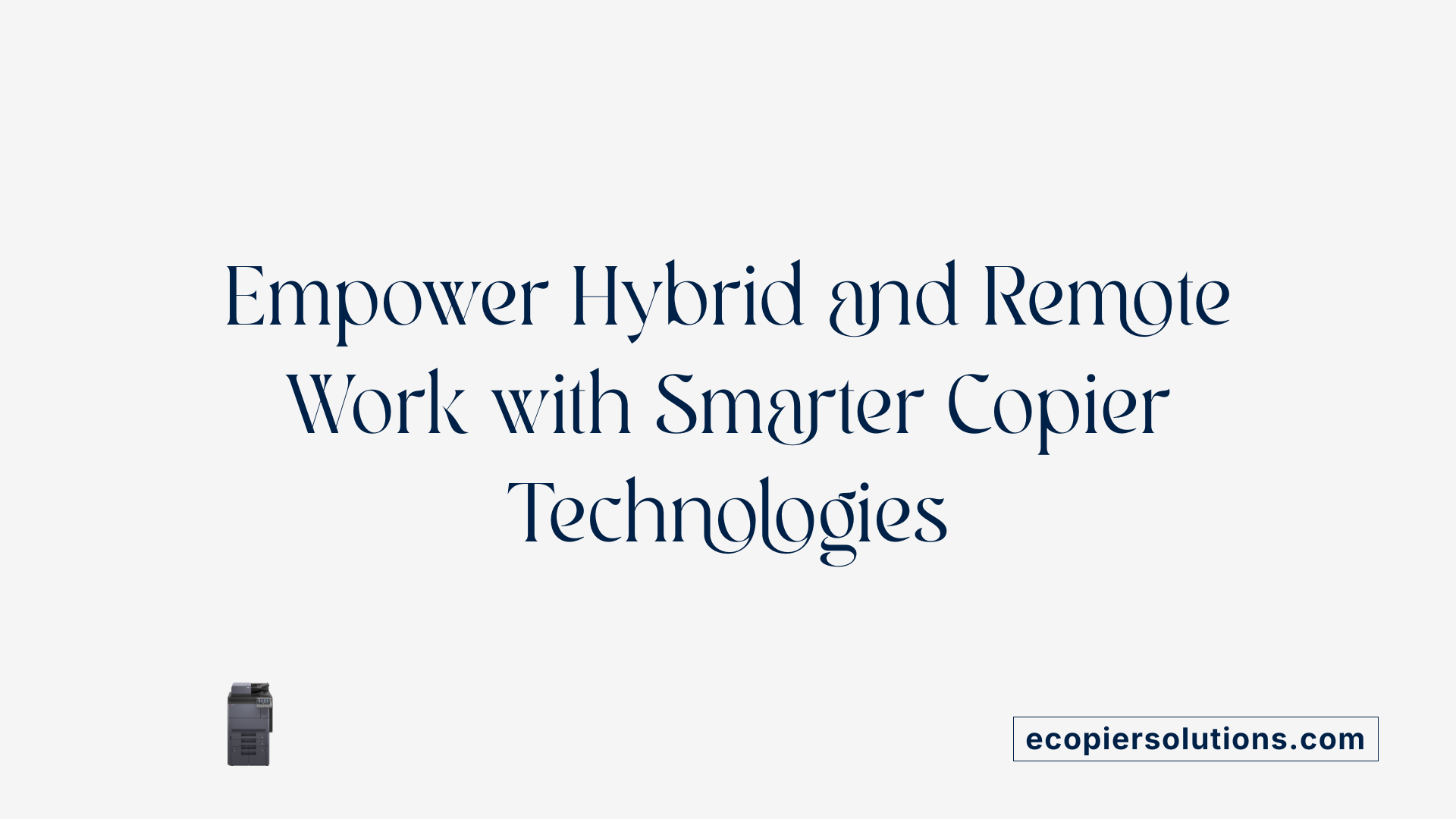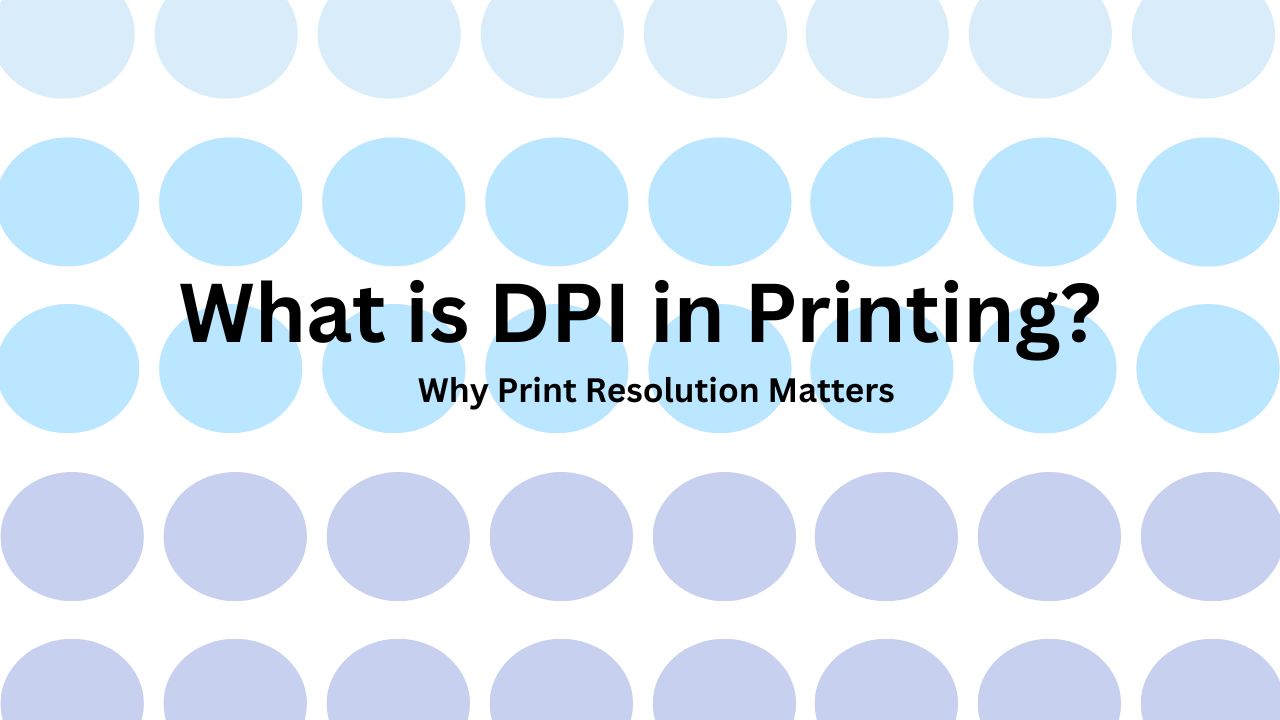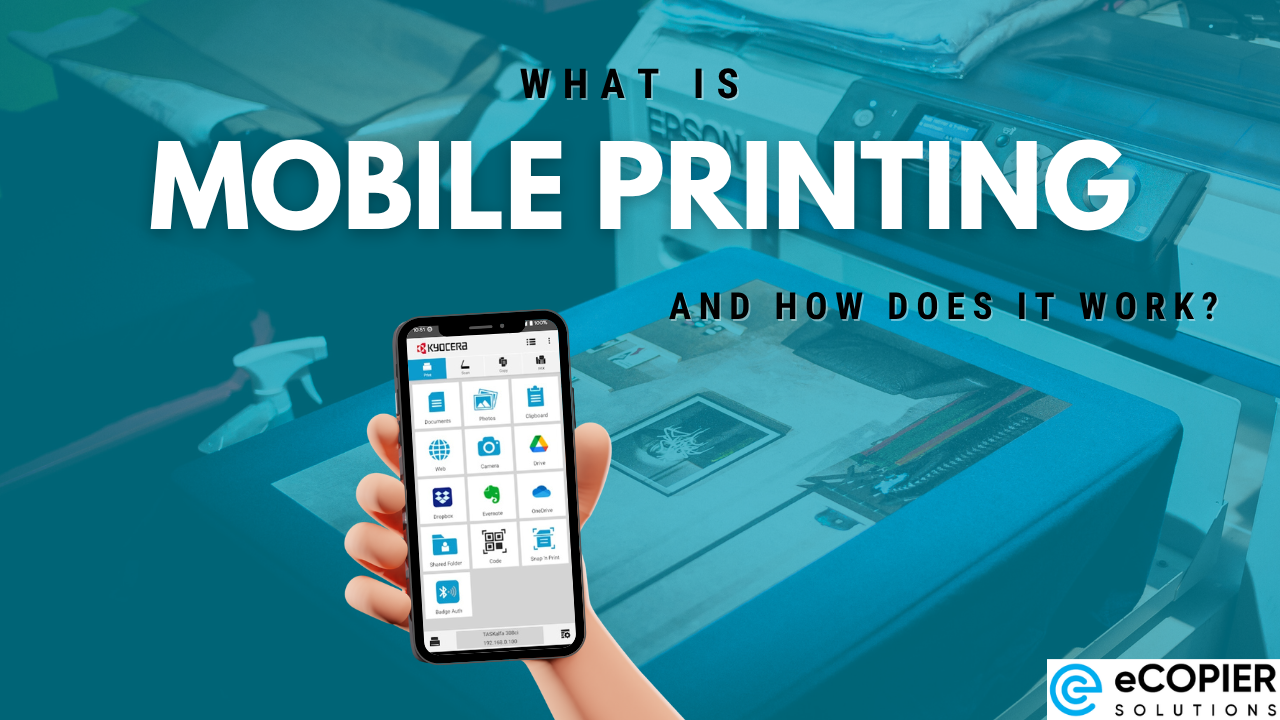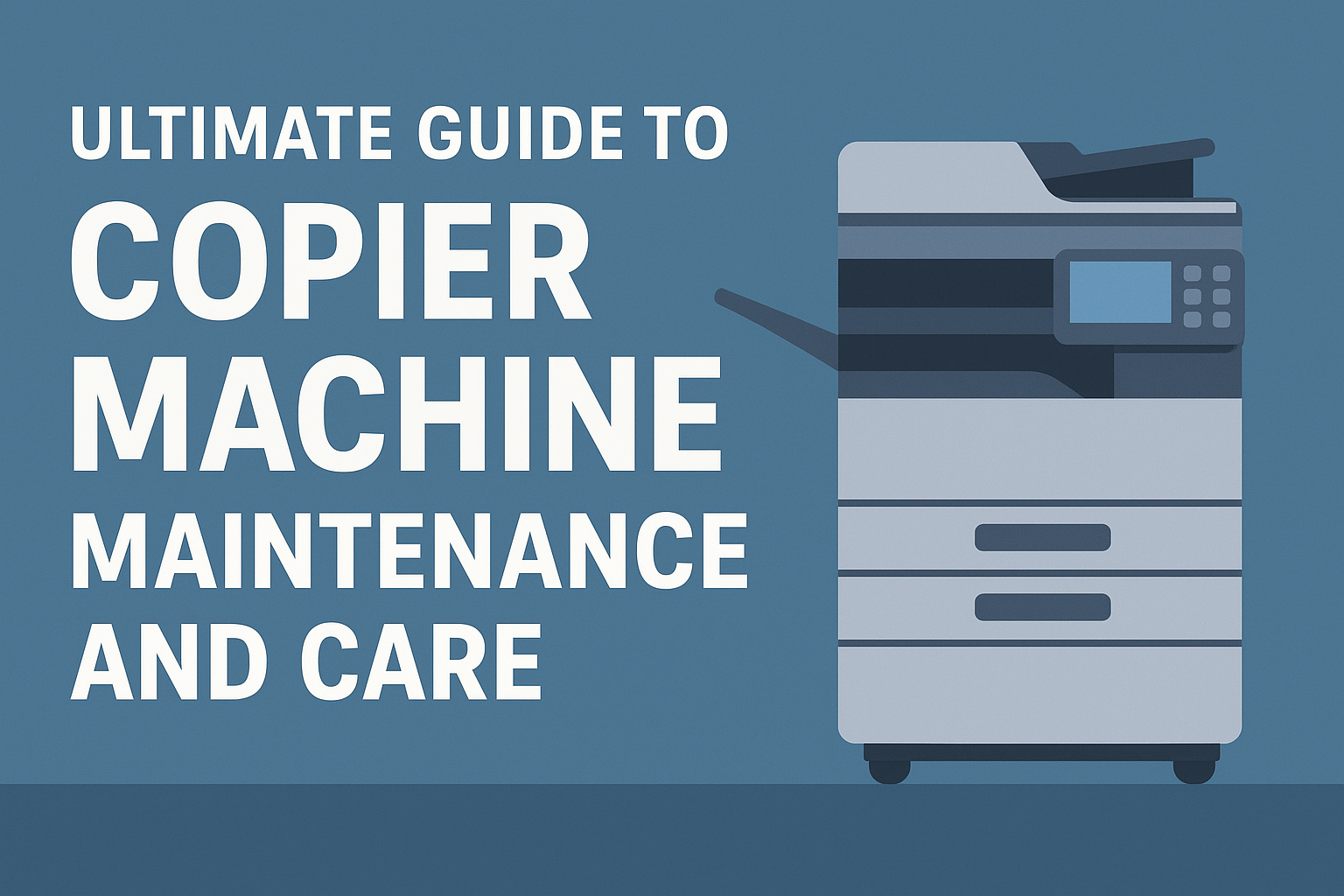Adapting to the Dynamic Needs of Modern Offices
As organizations increasingly adopt flexible workspaces, the role of copier solutions has evolved beyond traditional devices to become integral tools that support collaboration, security, and operational efficiency. This article explores the multifaceted features, options, and strategic considerations essential for implementing effective copier solutions tailored to the demands of hybrid, remote, and coworking environments.
Key Features and Benefits of Modern Copier Solutions in Flexible Workspaces

What are the features and benefits of copier options for flexible workspaces?
In today's dynamic work environments, copiers play a crucial role in supporting document management and collaboration. Modern copiers designed for flexible workspaces come equipped with a variety of features that enhance productivity and adaptability.
One of the primary features is mobile printing and cloud integration. These allow employees to print documents directly from smartphones, tablets, or cloud storage services, thereby enabling seamless workflows regardless of location. This is particularly advantageous in hybrid work settings where employees split their time between office and remote locations.
Remote access and multifunctionality are also vital components. Employees can scan, copy, print, and fax remotely or from multiple devices, reducing the need for multiple machines and saving space. Multifunctional devices combine printing, copying, scanning, and faxing into one unit, simplifying workspaces and cutting down on equipment costs.
Security is a top concern with flexible workspace copiers. Advanced security features such as encryption, user authentication, and access controls help protect sensitive information and comply with data privacy standards. These measures ensure that only authorized personnel can access specific documents or device functions.
Design considerations also include space-saving and energy-efficient features. Compact models with design features that conserve power contribute to a sustainable office environment and make it easier to integrate copiers into smaller or shared workspaces.
Workflow enhancements like duplexing (double-sided printing), high-speed output, and finishing options (such as stapling, folding, and hole punching) streamline document handling processes. These features enable users to produce professional-quality documents swiftly and with minimal manual intervention.
Selecting the right copier depends on several factors:
| Feature | Consideration | Purpose |
|---|---|---|
| Print speed | Volume of printing needs | Faster speeds improve productivity in busy environments |
| Paper capacity | Daily print volume | Higher capacity reduces the need for frequent refilling |
| Color options | Department or project requirements | Color printing adds emphasis and clarity |
| Scanning quality | Document types and detail needs | High-resolution scanning preserves document integrity |
| Security features | Confidentiality and compliance needs | Encryption and user controls prevent data breaches |
Organizations can further enhance flexibility through leasing options and managed print services. These solutions offer predictable costs, scheduled maintenance, and regular equipment upgrades, allowing organizations to scale and adapt their print infrastructure to evolving needs.
In summary, copiers for flexible workspaces provide a blend of innovative features that support modern work styles. By choosing devices aligned with specific operational needs and security standards, organizations can boost productivity, improve document workflows, and maintain a secure, sustainable environment.
Flexible Acquisition Options for Copier Solutions

What are the different options for acquiring copier solutions, such as leasing, purchasing, or managed print services, for flexible workspaces?
Organizations operating in flexible work environments have various ways to secure copier solutions that align with their operational and financial goals. The most common options are leasing, outright purchasing, and subscribing to managed print services (MPS).
Leasing is a popular choice for many companies because it offers low upfront costs and predictable monthly payments. When leasing, organizations typically receive comprehensive support throughout the lease term, including maintenance, upgrades, and technical assistance. This option helps manage cash flow effectively, ensures equipment remains current with technological advancements, and reduces the burden of ongoing maintenance responsibilities.
Purchasing outright involves acquiring the copier hardware with a single, upfront payment, granting full ownership and control. This approach benefits organizations seeking to capitalize on long-term use and customization but requires significant initial investment and responsibility for ongoing maintenance, repairs, and upgrades.
Managed print services represent a different approach, where a provider takes charge of the entire print environment. MPS includes device management, supplies replenishment, security enhancements, and operational automation. This outsourcing model aims to optimize the print infrastructure, reduce costs, and improve security and efficiency. It is ideal for organizations looking to focus on core business activities while ensuring reliable document management.
| Acquisition Method | Benefits | Considerations | Use Cases |
|---|---|---|---|
| Leasing | Low upfront cost, includes maintenance, flexible upgrades | Ongoing payments, potential limit on customization | For organizations needing flexible and up-to-date equipment in dynamic environments |
| Purchasing | Full control, long-term cost savings | High initial cost, responsibility for upkeep | Suitable for organizations with stable needs and a preference for ownership |
| Managed Print Services | Cost reduction, security, operational efficiency, outsourcing management | Dependence on external provider, ongoing service fees | Best for organizations prioritizing efficiency, security, and minimal internal management |
Choosing the right acquisition strategy depends on specific business needs, budget considerations, and operational priorities. For flexible workspaces, combining these options can provide tailored solutions that support agility, cost control, and technological adaptability.
Selecting the Right Copier Solutions for a Flexible Workspace

What should an organization consider when selecting copier solutions for a flexible workspace?
Choosing the appropriate copier solutions is a vital aspect of managing a flexible workspace efficiently. These environments are characterized by dynamic configurations and a diverse range of users, which require adaptable and reliable imaging technology.
One of the first considerations is compatibility with existing infrastructure. The copier solutions should seamlessly integrate with current IT systems and network setups to avoid disruptions. Scalability is equally important, as the number of users and device connections may fluctuate, necessitating solutions that can grow or reduce capacity effortlessly.
Ease of deployment and adaptability also play a crucial role. Flexible workspaces often require quick setup and reconfiguration, so solutions that are easy to deploy and configure—preferably with minimal technical complexity—are preferred. This helps maintain operational continuity and supports rapid changes in workspace layouts.
Security features are paramount in protecting sensitive company information. Features like user authentication, data encryption, and access controls should be incorporated into copier devices to prevent unauthorized use and data breaches.
In today’s mobile and remote work era, mobile and cloud integration capabilities are essential. These features allow users to print, scan, and manage documents from various devices, including smartphones, tablets, and laptops, regardless of location. This integration enhances productivity by supporting remote access and device flexibility.
Operational efficiency can be further improved with solutions that offer remote management and monitoring. Cloud connectivity enables centralized control of printer fleet, reduces downtime, and streamlines maintenance processes.
Finally, organizations should keep an eye on ongoing costs and sustainability. Maintenance expenses, supply replenishments, and environmental impacts like energy consumption should be evaluated. Eco-friendly solutions not only reduce the carbon footprint but can also lower long-term operational expenses.
In summary, selecting copier solutions for flexible workspaces requires a comprehensive evaluation of compatibility, deployment speed, security, mobility features, and sustainability. By focusing on these aspects, organizations can ensure their imaging solutions enhance flexibility, security, and efficiency in a rapidly evolving office environment.
| Aspect | Consideration | Additional Notes |
|---|---|---|
| Compatibility | Integrate with existing infrastructure | Avoid technical conflicts and support future upgrades |
| Scalability | Adjust capacities as needed | Support growth or downsizing smoothly |
| Ease of Deployment | Quick setup and reconfiguration | Minimize operational downtime |
| Security | User authentication and data encryption | Protect sensitive information |
| Mobile & Cloud Integration | Remote printing and scanning | Support mobile employees and remote work |
| Maintenance & Costs | Ongoing repairs and environmental impact | Reduce long-term expenses and ecological footprint |
Enhancing Hybrid and Remote Work with Copier Technologies

How do flexible workspace strategies support modern business needs?
Colliers specializes in flexible workspace consulting as part of its services for occupiers, helping companies adapt to the evolving work environment. They understand what drives business flexibility and develop tailored real estate strategies accordingly. This includes transaction management, creative deal structures, and portfolio diagnostics aimed at maximizing the use of flexible workspaces.
With a global network of over 5,000 flexible spaces across 70 countries, Colliers provides clients with extensive options to suit various operational needs. Their approach emphasizes operational agility, allowing businesses to respond quickly to changes while controlling costs and optimizing space utilization.
How does Colliers enhance flexibility through their offerings?
One of their standout solutions is the Colliers Mobility Pass. This innovative program enables companies to provide employees access to more than 5,000 flexible workspaces worldwide with a simple monthly fee per employee. This streamlines workspace access, improves employee engagement, and reduces capital expenditure on fixed office spaces.
Their end-to-end services include transaction management, which simplifies location selection and lease negotiations, and portfolio diagnostics, which analyze space utilization to identify efficiencies. These offerings support a flexible, scalable, and cost-effective workspace strategy suited for hybrid and remote work models.
Why is operational flexibility important?
In today’s work environment, businesses prioritize flexibility to maintain agility, reduce costs, and foster employee satisfaction. Colliers’ approach focuses on speedy deployment, operational adaptability, and end-to-end delivery of workspace solutions. Their strategies also include a focus on employee engagement—ensuring workspaces meet the needs of a diverse and distributed workforce.
Collaborating with global experts for tailored workspace solutions
Colliers also leverages a network of global consulting teams to support flexible workspace transactions. These experts bring extensive industry knowledge and regional insights, enabling companies to make informed decisions that align with their broader business goals.
Supporting hybrid and remote work with advanced copier technology
Alongside real estate strategies, modern copier technologies play a crucial role in supporting hybrid and remote working arrangements. These solutions integrate cloud connectivity, mobile printing, and secure document handling.
| Features | Benefits | Additional Details |
|---|---|---|
| Cloud Connectivity & Mobile Printing | Enables remote access and printing from multiple locations | Supports flexible work styles and reduces hardware dependence |
| Secure Transmission & Encrypted Printing | Protects sensitive data across networks | Ensures compliance with security standards |
| Multifunctional Devices | Combines printing, copying, scanning, and faxing | Saves space, simplifies workflows |
| Cloud-based Document Management | Facilitates real-time collaboration and digital storage | Improves efficiency and document access |
| Partnering with Specialists | Ensures tailored solutions and ongoing support | Providers like Town Business Systems offer expert assistance |
This synergy between flexible workspace strategies and advanced copier technologies helps businesses create resilient, efficient, and employee-friendly work environments.
For companies seeking to enhance their hybrid or remote work capabilities, exploring solutions like Colliers’ workspace services combined with modern copier technology can lead to better operational outcomes and a more connected, productive workforce.
Technological Innovations Driving Flexibility in Copiers

What are the offerings of Colliers in flexible workspace consulting?
Colliers provides comprehensive flexible workspace consulting as part of its occupier services. This includes understanding the specific needs of businesses and crafting tailored real estate strategies that prioritize flexibility. Their approach helps organizations adapt quickly to changing conditions while optimizing space utilization.
How does Colliers understand and support business drivers for flexible workspaces?
The firm has a deep understanding of what drives companies towards flexible arrangements, such as cost savings, employee satisfaction, and operational agility. They utilize this insight to develop strategies that align real estate assets with business goals.
What services does Colliers offer to optimize flexible workspace use?
Colliers offers a range of services, including transaction management, innovative deal structures, and portfolio diagnostics. These services help clients maximize the value of their flexible spaces, reduce costs, and improve overall operational efficiency.
How broad is Colliers' network of flexible spaces?
Supporting their global reach, Colliers has access to over 5,000 flexible workspaces across 70 countries. This extensive network enables them to provide flexible workspace solutions that are accessible and scalable worldwide.
What is the Colliers Mobility Pass?
The Colliers Mobility Pass is a unique offering that allows companies to provide their employees with access to over 5,000 flexible workspaces globally. For a fixed monthly fee per employee, organizations can facilitate seamless remote work and location flexibility.
What operational benefits does Colliers emphasize?
Their approach centers on operational flexibility, speed, and cost reduction. By focusing on end-to-end delivery, they help organizations achieve quick deployment of flexible workspaces, defer capital expenditure, and enhance employee engagement.
How do Colliers’ expert teams assist clients?
With a global network of consulting professionals, Colliers’ teams provide expert guidance on flexible workspace transactions and strategy development. This support ensures that clients can navigate market complexities effectively and implement flexible workspace solutions that meet their needs.
Industry-Specific Copier Solutions in Flexible Work Settings

How does Colliers incorporate flexibility into workspace strategies?
Colliers is recognized for its comprehensive approach to flexible workspace consulting as part of its occupier services. They understand the evolving business landscape and the importance of adaptable real estate solutions. By analyzing a company's specific drivers for flexibility, Colliers helps develop tailored real estate strategies that maximize efficiency and adaptability.
Their expertise includes transaction management, creating innovative deal structures, and conducting portfolio diagnostics. These services help organizations optimize how they use flexible workspaces, ensuring alignment with operational goals and financial efficiency.
What is the global reach of Colliers' flexible workspace solutions?
Colliers boasts a vast global network, supporting clients across 70 countries with access to more than 5,000 flexible spaces. This extensive reach allows organizations to implement flexible work arrangements seamlessly across multiple locations and regions, promoting consistency and ease of management.
How does the Colliers Mobility Pass function?
The Colliers Mobility Pass offers a practical way for companies to access flexible workspaces worldwide. For a set monthly fee per employee, organizations can tap into over 5,000 workspace options. This solution simplifies the logistics of managing remote work and provides employees with high-quality work environments.
What are the core benefits of Colliers' flexible workspace approach?
Their approach emphasizes operational flexibility, allowing businesses to adapt quickly to changing needs. Speed and capital deferral are prioritized, enabling rapid transitions and reduced upfront investments.
End-to-end delivery ensures that all aspects of workspace deployment are handled efficiently, from planning to execution. Employee engagement is a focus, supporting productivity and satisfaction through suitable work environments.
Cost reduction is integral to their strategy, helping organizations optimize expenses while maintaining access to modern, well-equipped workspaces.
How do Colliers' consulting teams support flexible workspace strategies?
Supported by a global network of expert teams, Colliers provides strategic guidance and transactional support tailored to each client's unique needs. They assist in navigating complex real estate markets, structuring deals, and implementing flexible workspace solutions that align with long-term business objectives.
Table 1: Colliers' Flexible Workspace Services Summary
| Service Area | Description | Benefits |
|---|---|---|
| Transaction Management | Handling negotiations and contracts | Faster deals, risk mitigation |
| Deal Structuring | Creative leasing and partnership options | Cost-effective, tailored solutions |
| Portfolio Diagnostics | Assessing workspace utilization | Optimization of space use |
| Global Network Support | Access to 5,000+ spaces worldwide | Flexibility, scalability |
| Colliers Mobility Pass | Employee access to global spaces | Convenience, mobility |
Overall, Colliers' integrated approach to flexible workspace consulting helps organizations adapt more efficiently to changing work environments, ensuring operational, financial, and employee satisfaction.
Strategic Planning and Effective Implementation in Flexible Workspaces

What strategies can organizations use to implement effective copier solutions in flexible workspaces?
Implementing copier solutions in flexible work environments requires a well-thought-out approach that adapts to the unique needs of such spaces. One of the most practical strategies is to opt for leasing photocopiers. Leasing provides several advantages, including access to the latest technology without a significant upfront investment, built-in maintenance services, and the flexibility to upgrade equipment as newer models become available. This approach ensures that businesses remain agile and cost-effective.
Assessing specific operational requirements is crucial. Organizations should evaluate the volume of printing needed, security concerns, color versus black-and-white output, duplex copying, and other functionalities. Tailoring leasing agreements to include these features guarantees that the equipment aligns perfectly with workflow demands. For example, broad multifunction devices that incorporate scanning and faxing can streamline tasks, reducing the number of devices needed.
Integration with modern technology is another vital strategy. Connecting copiers with cloud-based platforms and management software such as PaperCut MF can significantly improve document management, security, and environmental sustainability. Cloud integration allows mobile and remote printing, giving employees the flexibility to print documents from anywhere, which supports the dynamic nature of flexible workspaces.
Staff training plays a pivotal role. Providing comprehensive training on new copier features and management software ensures that users can utilize equipment efficiently and securely. Proper training reduces user errors and increases productivity, which is critical in high-traffic flexible environments.
Automation and remote access capabilities further enhance operational efficiency. Automating routine tasks like document routing or secure printing can save time, while remote access features enable employees to retrieve documents or manage print jobs from any location.
Finally, phased deployment helps minimize disruptions. Implementing new copier solutions gradually allows organizations to monitor performance, gather user feedback, and make necessary adjustments. This staged approach ensures continuity of operations while integrating new technology smoothly into the workspace.
In conclusion, combining leasing strategies, technological integration, staff training, automation, and phased deployment forms a comprehensive approach to implementing effective copier solutions that support the agility and efficiency of flexible workspaces.
| Strategy Element | Description | Benefits |
|---|---|---|
| Leasing Equipment | Cost-effective access with upgrade options | Reduces upfront costs, ensures latest technology |
| Needs Assessment | Tailoring features like duplex, color | Meets specific workflow demands |
| Integration | Cloud platforms, management software | Improves collaboration, security |
| Staff Training | Educating users on features/software | Enhances productivity and security |
| Automation & Remote Access | Automating tasks, remote management | Saves time, supports remote work |
| Phased Deployment | Gradual implementation | Minimizes disruptions, allows adjustments |
Evaluating Copier Providers for Modern Flexible Offices

How can organizations evaluate copier providers to select the best solutions for modern, flexible offices?
In the evolving landscape of flexible workspaces, organizations need to ensure their print and document solutions are as adaptable as their workspace strategies. Colliers offers valuable insights and assistance in this area by helping companies develop tailored real estate and workspace strategies that incorporate the right technology solutions, including advanced copying and printing services.
When evaluating copier providers, organizations should start by understanding their specific operational needs. This includes assessing the expected print volume, security concerns (such as data encryption and access controls), and integration capabilities with cloud services and mobile platforms. Colliers’s experience in flexible workspace management boosts this process by providing strategic guidance that aligns technology choices with broader business objectives.
Reviewing the reputation and support network of potential copier vendors is crucial. Providers with a strong track record and established service support networks can ensure quick response times for maintenance and troubleshooting, which minimizes downtime in a dynamic office environment. Colliers’s global network of over 5,000 flexible spaces across 70 countries exemplifies how a broad support infrastructure can benefit tenants by offering reliable, scalable solutions.
In choosing specific copier solutions, organizations should compare the features offered by different providers. Focus areas include scalability to keep pace with evolving business needs, energy efficiency to support sustainability goals, and high-speed, high-volume processing capabilities. Ensuring the equipment supports future technology upgrades and integration into existing workflows is also important.
Contract terms deserve careful scrutiny. Hidden costs, such as overage fees, maintenance charges, or strict service level agreements, can impact overall costs and flexibility. Colliers’s approach involves comprehensive portfolio diagnostics that identify operational inefficiencies, enabling clients to avoid costly pitfalls.
Lastly, selecting a vendor that offers robust service and training support improves user experience and maximizes the value of the copier deployment. Authorized service providers with extensive local and global reach, as often associated with leading technology providers, facilitate smooth operations and ongoing staff training.
Colliers’ services that support modern flexible workspace management include:
- Transaction management and deal structuring to secure optimal technology solutions.
- Portfolio diagnostics to identify the best equipment and usage strategies.
- The Colliers Mobility Pass, granting access to over 5,000 flexible spaces worldwide for a predictable monthly fee per employee.
- End-to-end delivery and operational flexibility to adapt quickly to changing needs.
- Expert consulting teams with a global reach to advise on workspace transactions and strategy.
These comprehensive services help organizations not only evaluate copier providers but also integrate their solutions into wider flexible workspace strategies, ensuring agility, cost-efficiency, and user satisfaction.
| Evaluation Aspect | Details | Additional Consideration |
|---|---|---|
| Needs Assessment | Volume, security, integration | Tailor solutions to evolving needs |
| Provider Reputation | Track record, customer feedback | Choose trusted and scalable partners |
| Solution Features | Scalability, energy efficiency | Support high-speed, high-volume tasks |
| Contract Terms | Costs, flexibility, hidden fees | Ensure future adaptability |
| Support Network | Service availability, training | Favor vendors with extensive support |
By combining technical evaluation with strategic planning expertise, organizations can select copier solutions that truly support their modern, flexible office environments, enhancing productivity and operational resilience.
Embracing Flexibility for a Productive Future
The shift towards flexible work environments necessitates adaptable, secure, and technologically advanced copier solutions. Organizations that carefully evaluate their options—considering features, acquisition methods, integration capabilities, and industry-specific requirements—can implement systems that not only support current needs but also scale for future growth. Partnering with experienced providers and leveraging innovative features like cloud printing and AI-driven management ensures that enterprises remain competitive, efficient, and responsive in a constantly evolving workplace landscape. Properly chosen copier solutions transform the way modern organizations operate, fostering collaboration, security, and operational excellence in every work arrangement.
References
- Flexible Workspace - Colliers
- 7 Productivity Benefits of Cloud Printing | SAFEQ Blog - Y Soft
- Mobile print vs cloud print - what is the difference? - PaperCut
- The Ultimate Guide to Implementing Cloud Printing in ... - Spacebring
- Office Solutions in 2025: How Advanced Copiers and Leasing Plans ...
- The Role of Copier Leasing in Modern Workspace
- Solving your Coworking Space Printing Challenges with PaperCut
- Choosing the Best Commercial Copier | Brands, Features & Tips
- How to Choose a Reliable Office Copier Company in 2025 - AIS Now
- Flexible Office Space Explained - Caddo Office Reimagined





.jpg)

























